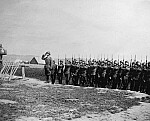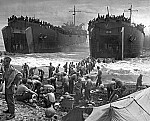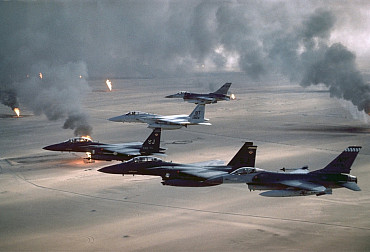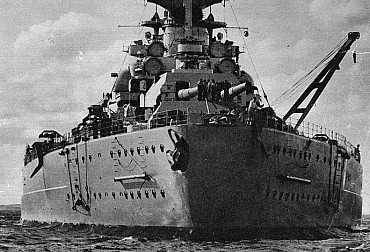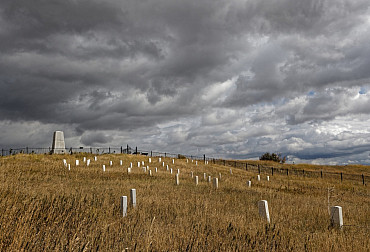The day Hope died: Czechoslovakia under the Tanks - 21th August 1968
The summer of 1968 in Czechoslovakia was unlike any other. It was a season of burgeoning hope, of fresh air after decades of stifling communism. Under the leadership of Alexander Dubček, the nation was embarking on an ambitious experiment known as the "Prague Spring" – an attempt to create "socialism with a human face." Censorship eased, public debate flourished, travel restrictions loosened, and a sense of optimism permeated society. People dared to dream of a freer, more democratic future within the socialist framework.
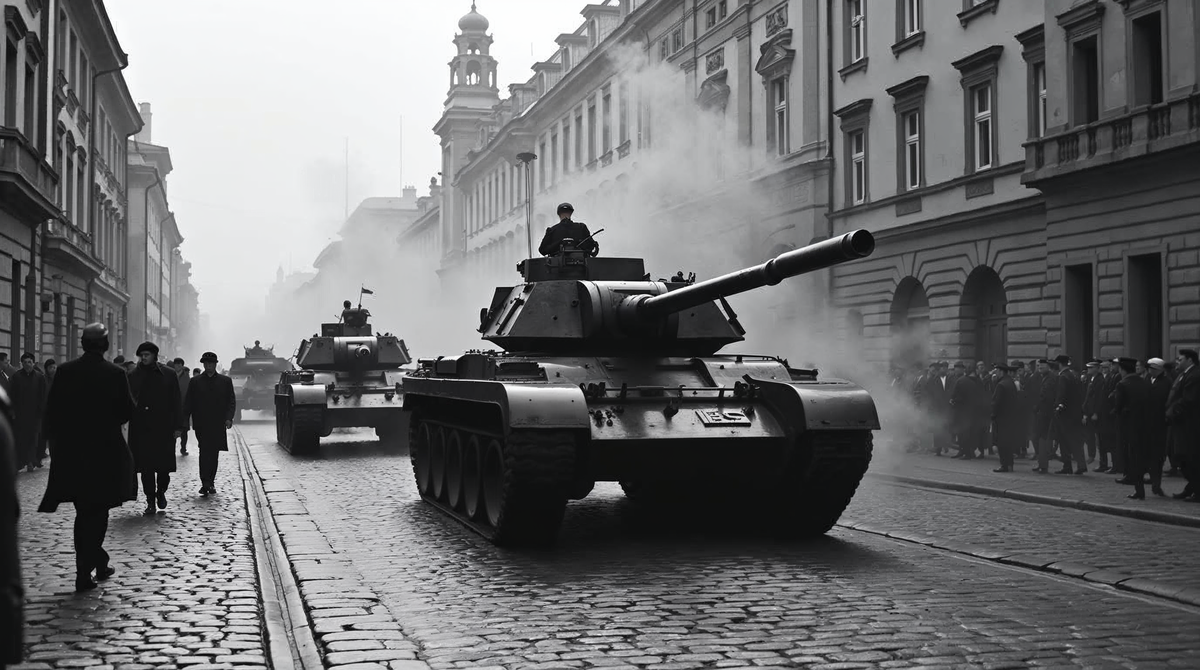
But those dreams were about to be brutally extinguished.
The Dawn of Despair
On the night of August 20, 1968, as most Czechoslovaks slept peacefully, the rumbling began. Without warning, a massive invasion force of over half a million soldiers and thousands of tanks and armoured vehicles, drawn from the Soviet Union and its Warsaw Pact allies (Poland, Hungary, Bulgaria, and East Germany), poured across the borders. It was the largest military operation in Europe since World War II, a chilling display of Soviet might and resolve to maintain its iron grip on Eastern Europe.
By the early hours of August 21, Soviet tanks were rolling through the streets of Prague, Bratislava, and other major cities. The bewildered citizens awoke to a nightmare. Paratroopers secured strategic points, radio stations were seized, and airports were taken over. The promised "liberation" was, in fact, an occupation, an act of naked aggression against a sovereign nation.
A Nation's Non-Violent Defiance
The immediate reaction of the Czechoslovak people was one of profound shock, betrayal, and a remarkable, spontaneous non-violent resistance. There were no armed clashes, as the Czechoslovak army was ordered to remain in its barracks. Instead, citizens took to the streets, engaging the bewildered young Soviet soldiers in debates, explaining their desire for freedom, and showing them copies of newspapers proving the "counter-revolution" was a lie.
Street signs were removed or repainted to confuse the invaders. Walls became canvases for anti-occupation slogans. Czechoslovak radio stations, operating from secret locations, continued to broadcast, urging calm but also informing the population and appealing to the international community. The world watched in disbelief as a nation, armed only with its voice and its spirit, defied the overwhelming force.
The Crushing Blow of "Normalization"
Despite the bravery, the military might of the Warsaw Pact was simply too great. Alexander Dubček and other reformist leaders were arrested and flown to Moscow, where they were forced to sign the "Moscow Protocol," effectively ending the Prague Spring. Though Dubček was briefly returned to power, it was a mere formality; his reforms were systematically dismantled.
What followed was a dark period known as "Normalization," a chilling return to hardline communist rule. Thousands of intellectuals, artists, and reformers were purged from their jobs, their works banned, and their voices silenced. Many fled the country, seeking refuge from the renewed repression. The promise of "socialism with a human face" was replaced by the cold, unyielding mask of totalitarianism.
A Legacy of Resilience and a Delayed Vindication
The 1968 occupation left deep scars on the Czechoslovak psyche, fostering a generation of disillusionment and quiet resentment. For over two decades, the memory of that fateful August day served as a stark reminder of the limits of freedom under Soviet domination.
Yet, the ideals of the Prague Spring never truly died. They lay dormant, whispered among friends, preserved in exile, and eventually resurfaced with renewed vigor during the Velvet Revolution in 1989. The non-violent spirit of 1968 resonated through the streets of Prague once more, finally leading to the collapse of the communist regime and the realization of the very freedoms that were so brutally crushed on that unforgettable dawn in August. The occupation of 1968 stands as a tragic testament to the price of freedom, but also to the enduring power of a nation's unyielding spirit.



